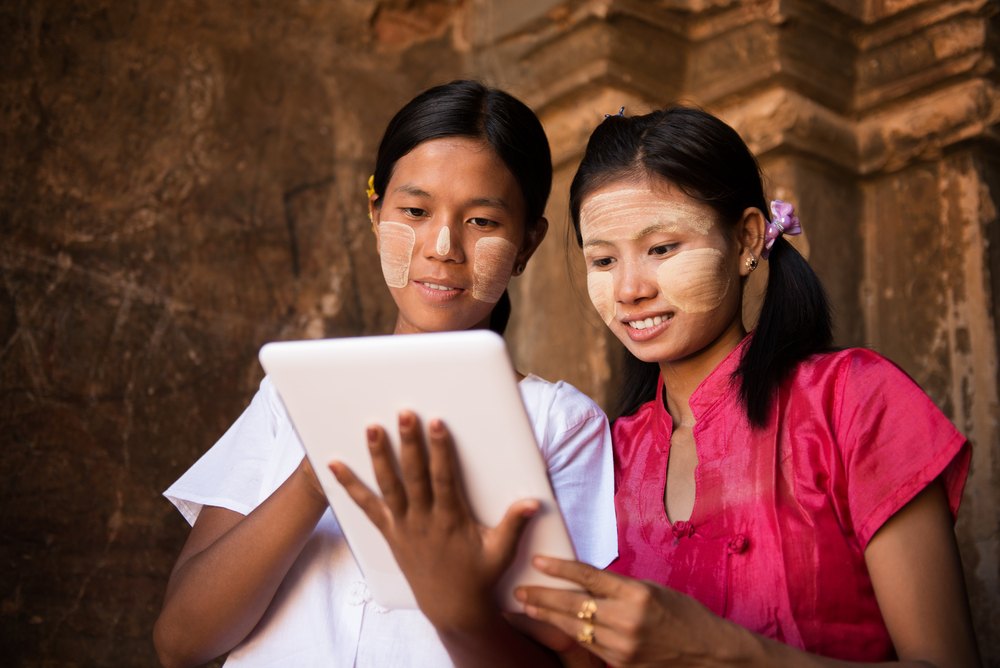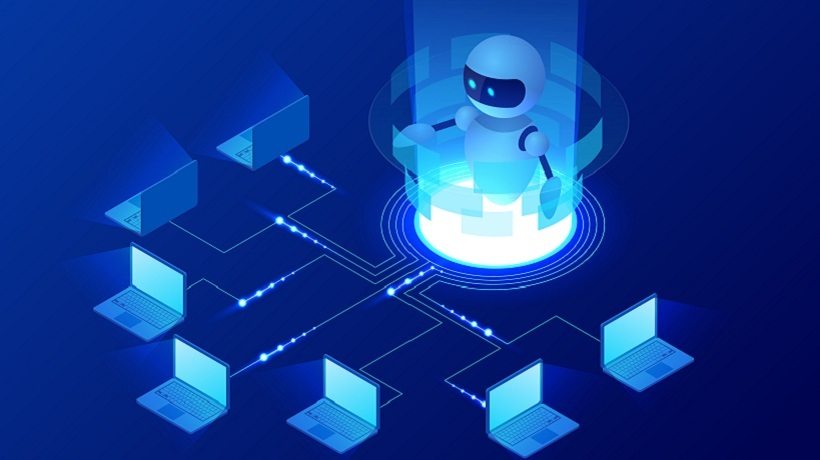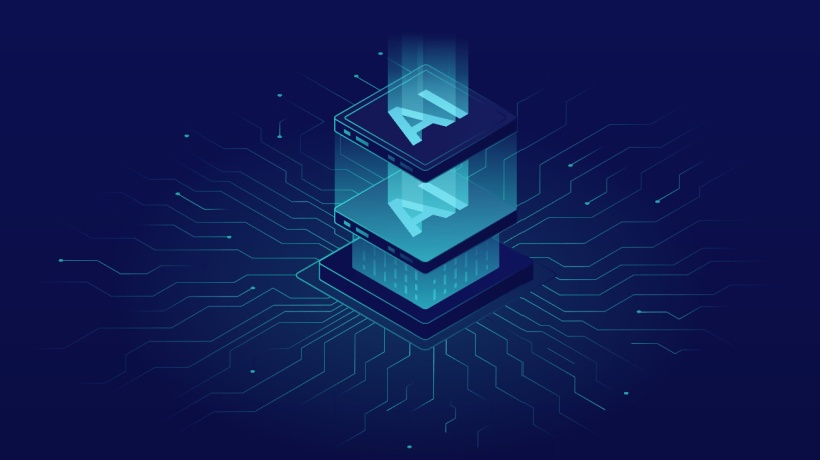eLearning Is Revolutionizing Education For Girls In Developing Countries
With little or no electrical infrastructure many developing countries depend on mobile technology to access information, do business and learn. What would be deemed a barrier to more developed countries has become a springboard for technological leapfrogging that continues to push innovation in eLearning. Here are some ways eLearning is revolutionizing how girls learn in developing countries.
1) Promotes Safety
The story of almost 300 girls being abducted from school in a small Nigerian village by a terrorist group washed over international headlines in early 2014. This sparked the global social media campaign #BringBackOurGirls and highlighted how dangerous it can be for girls to do something that many people take for granted, go to school.
eLearning and accompanying mobile devices allows girls to learn safely in the privacy of their own homes, out of the spotlight of sociocultural norms that would usually serve to diminish the importance of them being educated. With intuitive GUI and the ability for courses to have multiple logins, enabling full customization for the learner, physical barriers will soon be non-existent.
2) Improves Self-Esteem and Reinforces Self Advocacy
As little as one additional grade level may increase the income earning potential for girls up to 20% in developing countries. The subsequent shift in earning power can change the dynamics of girl’s roles in the household, giving them a voice when they were once voiceless.
The ability to read and solve even rudimentary mathematical problems will increase their worth not only economically but socially allowing girls more say in regards to marriage, pregnancy and even helps to combat common social ills such as domestic violence.
Malala Yousafzai is a prime example of how empowering education can be to young girls. An outspoken advocate of education for girls in her native Pakistan, at the age of 15 an attempt was made on her life as she boarded a school bus by religious extremist. Undeterred she continued her studies even as she lay recovering in a hospital bed and by age 17 she became the youngest-ever Nobel Prize laureate.
3) Inspires International Collaboration and Technical Innovation
In order for girls to get access to eLearning they must first have access to the Internet. However this poses logistical challenges to many developing countries where infrastructure is limited or non-existent. In steps international corporations, organizations and countless NGO’s to help bridge the digital divide.
Leading global aid organizations such as USAID, The World Bank, United Nations and Global Partnerships have all started girls educational initiatives. Targeting some of the most remote and underserved populations in every corner of the globe. Companies like Samsung have established solar-powered Internet Schools housed in repurposed cargo containers across over a dozen countries in Africa.
Internet.org, an international effort backed by Facebook, was created to provide low-cost to free Internet connectivity to developing nations across the world. With the focus on affordability, access and scalability all these entities are inspired to band together to ensure education is inclusive regardless of location, financial status or gender.
4) Provides Gender-Neutral Learning
eLearning software itself is incapable of social, religious or gender bias. In effect the software won’t call on little Vlad even though Zora clearly had her hand raised first. Not to say that the content of the software itself won’t have implicit gender bias but this levels the playing field within the context of the learning environment.
No matter the dynamics of the country, schools can serve a mechanism to reinforce the sociocultural norms of that particular society. ELearning allows little girls to learn at a pace that matches their intellectual aptitude and not be stifled by traditional gender roles, lowered expectations and inherent societal bias.
The fact is better education for girls contribute to the countries overall economy and women and their children live longer healthier lives. The only loss is to the antiquated ideology that girls don’t bring the same value as boys to a society. ELearning can be used as a means to close the gender gap in education and make a lasting impact on the struggle for gender equality across nations.








